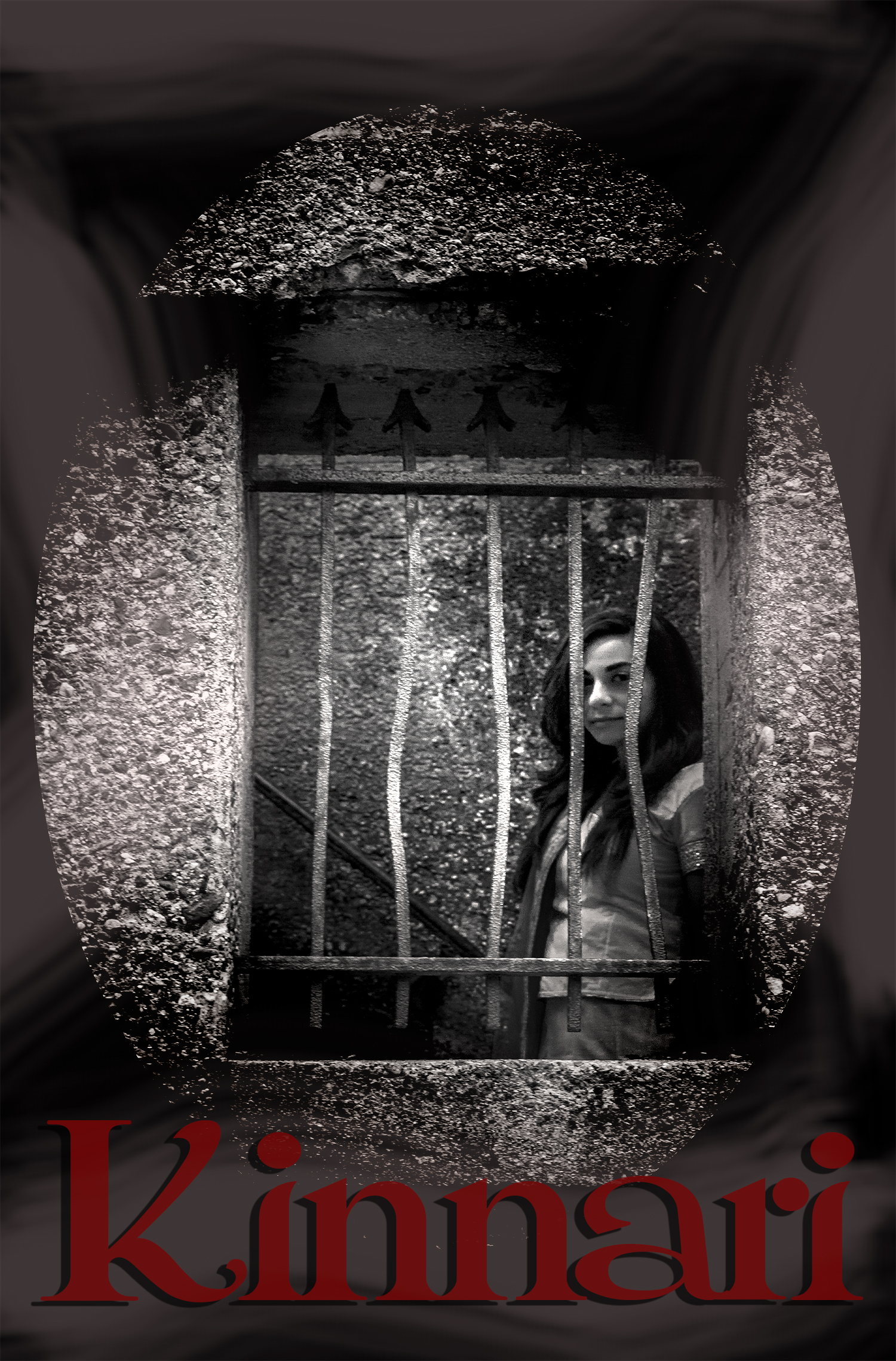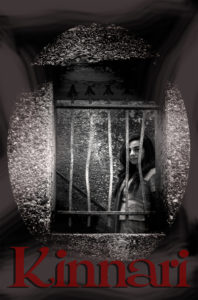
Short Film Review “Kinnari”
WATCH THE FILM HERE
First, the Recap:
Awareness. Cognition. Perception. Realization. Every day can bring about a desire to seek out that elusive answer to this thing called life, an inner determination to experience a peace of understanding what it is to exist. Even more formidable of a quest as we grow older, it is a discovery that can remain hidden or come about in revelatory fashion. As his birthday arrives, David (David Graziano) finds himself deeply contemplating these truths despite a general apathy when considering the meaning of time and years passing.
No longer filled with the passion of youth, yet not yet old enough to dismiss the world, David looks back on the state of things with a sense of sadness and frustration, unable to reconcile how his own life remains relevant in the grand scheme, yet bound to press on down the paths he’d trod before. Yet, at the point where it seems like the routine and mundane will remain while the world around him continues to fall to chaos, David is suddenly reminded of a beauty he’d known in the past, represented in his mind as a Kinnari (Jamie Joshi), which brings him the illumination and reawakening he craves.
Next, my Mind:
Traveling the cerebral, philosophical, and mystically-infused road for his newest 5-minute short film effort, writer/director/producer/editor Christopher Di Nunzio even chooses to take on composing his project’s atmospheric music score as the viewer is lead down a heady exploration steeped in the mythology of Hindu and Buddhist origins. The stark black and white cinematography utilized very much elicits an apropos mood and tone for the proceedings, with a quick splash of color emerging at a key moment in the narrative. The additional use of a direct quote from the Mahabharata additionally aids in making the point intended with the lead character’s journey to wisdom and inner peace.
Di Nunzio film staple David Graziano once again brings his level of precision and character actor prowess to the screen as David, a man looking at himself growing older, becoming numb to the world around him that constantly batters his senses, and is truly battling an almost total state of disillusionment. Yet, in lamenting about this condition, he finds a wonderful moment of clarity and, dare we say, joy when recalling a woman whose existence reminds him about the worth of living. This is symbolized by the totally beautiful Joshi enacting Kinnari, and does so with a simple yet powerful presence that carries so much weight to events unfolding. Without saying a single word, Joshi’s actions and expressions speak volumes.
In total, “Kinnari” is, for this reviewer, a needed style of independent film in that when we see the chaos and troubles around us in this contemporary world, themes of finding renewed hope, joy, peace, and love are necessary and should be sought after, even if we all have various beliefs to do so. It is the sincerity, candidness, and transparency of this film paired with its overall message that ideally will resonate with all who watch it.
As always, this is all for your consideration and comment. Until next time, thank you for reading!




